KAMPALA TAKES MAJOR STEPS IN ACHIEVING 100% ACCESS TO SANITATION BY 2030
PUBLISHED — 5th, December 2024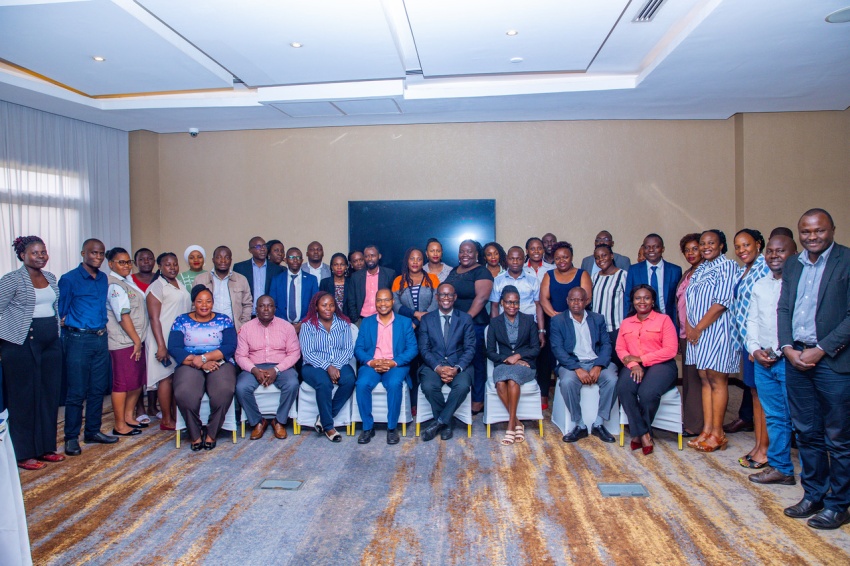
Kampala Capital City Authority (KCCA), alongside key partners, held a visioning Workshop for the Kampala Sanitation Improvement Strategy 2020–2030 on Thursday at Golden Tulip Hotel.
The event, attended by stakeholders from government, academia, development agencies, and the private sector, highlighted the midterm achievements and challenges of the strategy, which aims to achieve 100% access to safe sanitation for Kampala by 2030.
Remarkable achievements have been registered with fecal sludge management improving from 32% at the start of the strategy in 2020 to 70% currently.
This milestone was attributed to effective collaboration between KCCA and its partners, including Water for People, the National Water and Sewerage Corporation (NWSC), the Ministry of Health, the Ministry of Water and Environment, Makerere University, and USAID.
The event was officiated by Frank Rusa, Ag. Executive Director of Kampala Capital City Authority (KCCA), who underscored the critical role sanitation plays in urban public health.
"Any city worth its name must prioritize sanitation and public health," Rusa said. "What you are achieving here will give us a significant leap in public health outcomes. Addressing fecal sludge management resolves numerous associated issues."
He commended the progress made so far and expressed confidence in meeting the strategy's targets, describing them as "ambitious but achievable."
Dr. Sarah Zalwango, KCCA’s Acting Director of Public Health and Environment, called for a holistic approach to addressing sanitation in Kampala.
“We need to think beyond isolated interventions and consider broader solutions for a cleaner city. Through initiatives like the Weyonje campaign, we aim to bring communities together to actively improve sanitation,” she said.
Brenda Achiro, Country Director for Water for People, emphasized the power of partnerships in driving progress. “Together, we have made significant strides, but much remains to be done. Achieving 100% access to safe sanitation by 2030 requires sustained collaboration and innovation,” she said.
The workshop concluded with a renewed commitment to addressing sanitation challenges and leveraging the collective expertise of stakeholders to create a healthier and cleaner Kampala.
As the city progresses toward its 2030 goals, the strategy’s implementation continues to serve as a model for holistic urban sanitation planning in Uganda and beyond.
By Geofrey Mutegeki Araali
Communication and Media Relations Officer
News & Announcements
7th, January 2026
6th, January 2026
5th, January 2026
2nd, January 2026
23rd, December 2025
22nd, December 2025
20th, December 2025
19th, December 2025
18th, December 2025
17th, December 2025





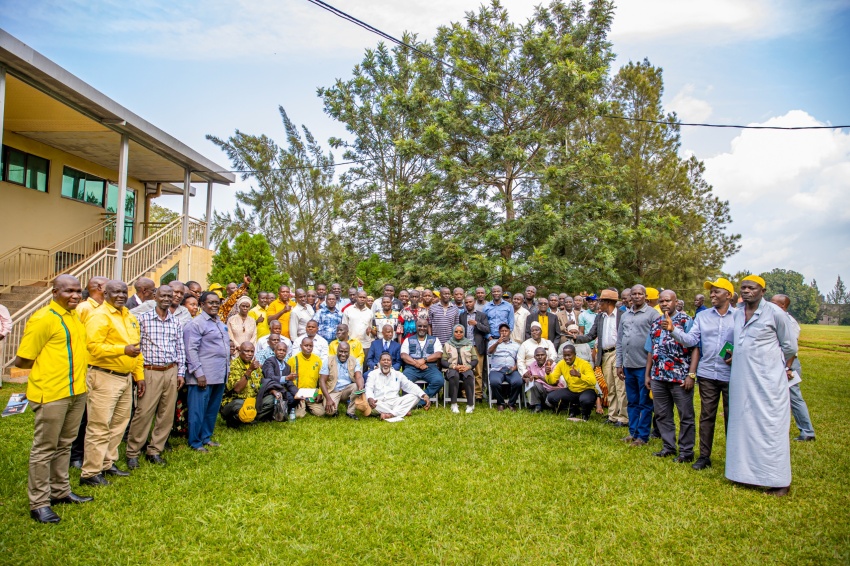
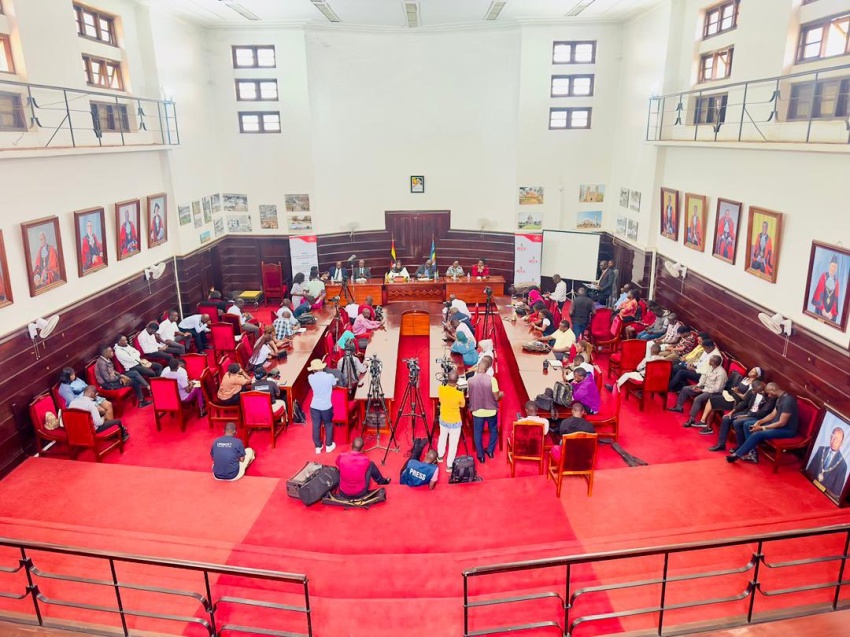

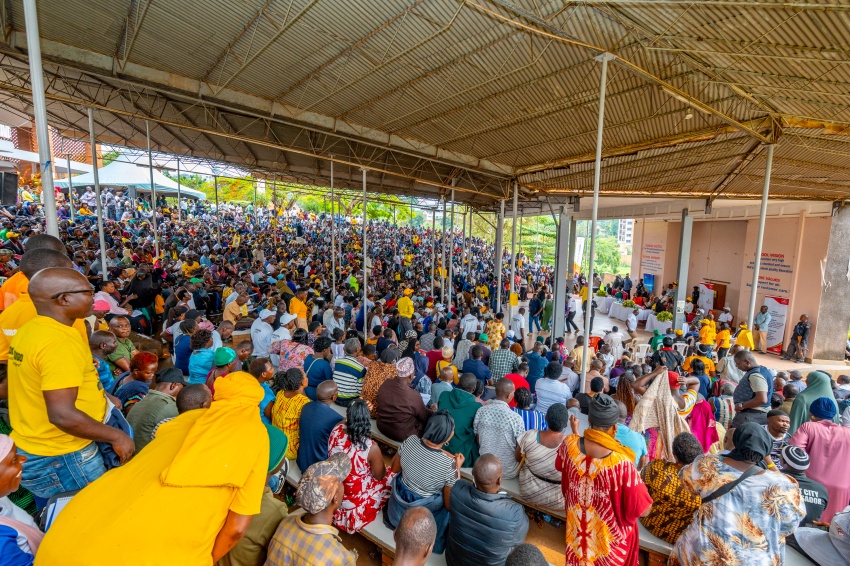

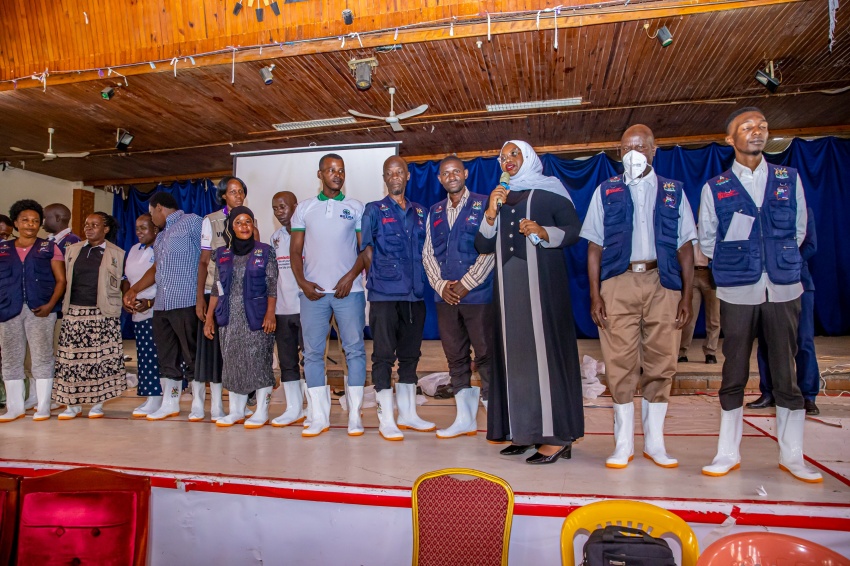
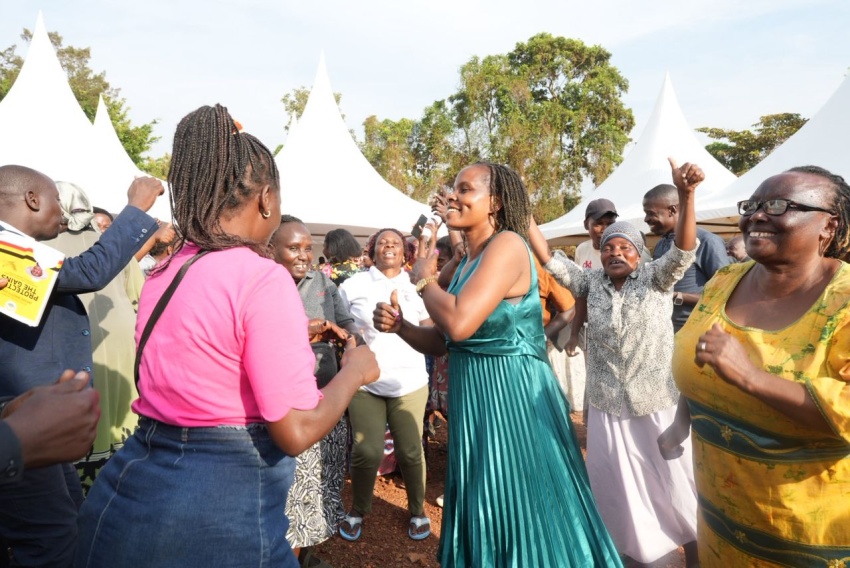









Development partners